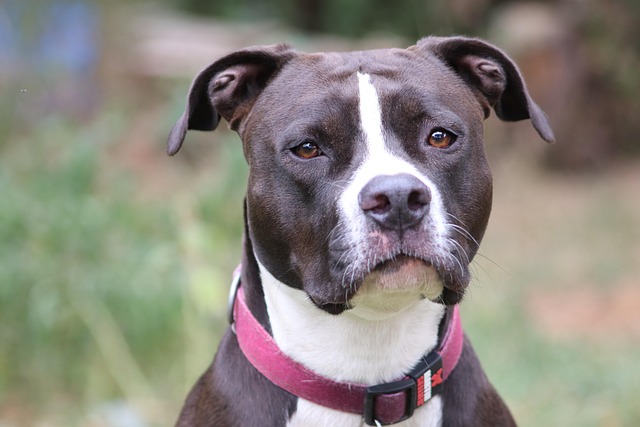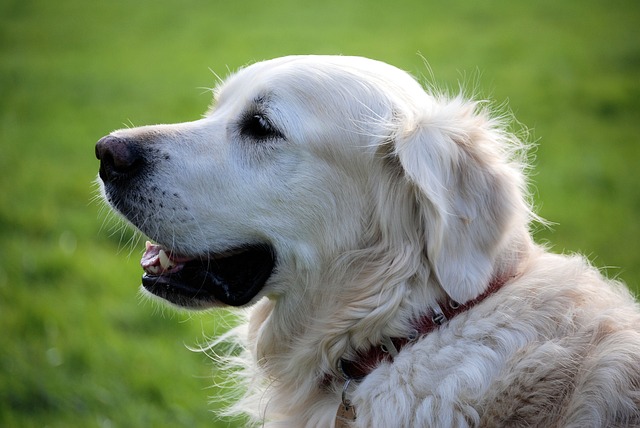
How to train Belgian Malinois puppy?
Your Belgian Malinois puppy probably bounces off the couch, chases every squirrel in the yard, and soaks up new things faster than you can keep up—they’re smart, high-energy, and crave purpose.
Labrador Retrievers, with their gentle and friendly personalities, intelligent minds, and excellent obedience, have become a globally beloved dog breed. When we joyfully welcome a Labrador puppy into our lives, how to train it scientifically to help it grow into a well-behaved and sensible companion becomes a matter of great concern for owners. Among these, the best age to train a Labrador is a crucial factor.
From the perspective of a Labrador's growth and development stages, the puppyhood is the golden period for training. Generally speaking, Labrador puppies aged between 2 and 6 months are like a blank sheet of paper, full of curiosity about the world and having extremely strong learning abilities. During this stage, their nervous systems develop rapidly, and their brains are like sponges, capable of easily absorbing all kinds of new information. For example, at around 3 months old, simple command training, such as "sit" and "come here," can be started. Through repeated practice, the puppies can quickly understand the meanings of these commands and perform the corresponding actions. Just like a young child who can quickly remember the names of daily objects while learning to speak, the memory and learning abilities of puppies at this time are truly astonishing.
Training during this period can also effectively shape the Labrador's personality and behavior habits. Labradors are naturally lively and active. If not guided during their puppyhood, they may be too hyperactive to control when they grow up. Through appropriate training, good behavior norms can be cultivated in them, such as not pouncing on people randomly and not running wild indoors. Imagine an adult Labrador uncontrollably pouncing on people when excited, which may scare or even harm others. However, training from a young age can prevent such situations. Moreover, the good habits established during puppyhood will accompany them throughout their lives, making them more popular family pets.

As the puppies gradually grow older, Labradors between 6 and 12 months old enter their adolescence. During this stage, their bodies develop rapidly, and their strength and endurance increase. At the same time, they start to have their own ideas and may exhibit some rebellious behaviors. At this time, the focus of training can be on consolidating the commands learned before and adding some more difficult training contents, such as "stay" and "leave it." During this stage, owners need more patience and skills because Labradors may get tired of repetitive training. But as long as the correct methods are used, such as giving sufficient rewards and encouragement, they can still maintain a positive learning attitude. Just like teenagers who, although having their own opinions, can still thrive under the right guidance.
When Labradors reach adulthood, those over 1 year old have relatively mature bodies and minds. Although the training difficulty is relatively higher compared to the puppy stage, it doesn't mean that training is impossible. Training at this stage is more about strengthening and expanding on the previous training achievements, such as training them to complete some complex tasks, like fetching items for the owner. Adult Labradors have stronger comprehension and execution abilities. As long as the owner has enough patience and appropriate training methods, they can still master new skills. Additionally, continuous training can enhance the bond between the owner and the dog, making the dog more dependent on and trusting of the owner.
In the requirements of pet ownership, no matter at which age a Labrador is trained, scientific methods and principles should be followed. Positive reinforcement methods should be used during training, such as giving delicious snacks, enthusiastic praise, and gentle strokes, so that the dog understands that correct behavior will lead to rewards. At the same time, consistency in training should be maintained. The whole family should have unified commands and requirements for the dog. Otherwise, the dog will be confused and not know what to do. For example, it is not advisable to have some people allowing the dog to get on the bed while others forbidding it, as this will make the dog feel at a loss.
Labradors are very intelligent dogs that are eager to please their owners. They always hope to gain the recognition and love of their owners. When we look into their expectant eyes as they strive to complete training tasks, our hearts are filled with emotion. Every successful training session deepens the bond between the owner and the dog. From the innocent learning in puppyhood to the tacit cooperation in adulthood, this process is full of warmth and joy.
There is no absolute best age to train a Labrador. Each stage has its unique training focus and methods. From the enlightenment training in puppyhood to the skill expansion in adulthood, as long as we accompany them with our hearts and train them with scientific methods, at any age, we can make Labradors our most intimate and excellent companions. Let's cherish every moment spent with them and jointly write a beautiful chapter of companionship with love and patience.

Your Belgian Malinois puppy probably bounces off the couch, chases every squirrel in the yard, and soaks up new things faster than you can keep up—they’re smart, high-energy, and crave purpose.

Nothing feels more frustrating than finding an unexpected mess on your rug—but teaching your dog to use one specific spot for potty time doesn’t have to be a battle.

If you’re a new dog parent in the US—maybe you’re sitting on your California apartment floor, staring at your 9-month-old Shetland Sheepdog, Milo

New dog owners often breathe a sigh of relief when they pick a breed that catches on to potty training quickly—no more scrubbing accidents off hardwood floors or rushing out at 6 a.m. in the rain.

That frantic burst of energy known as the "zoomies" can be amusing, but when your dog is constantly bouncing off the walls, it becomes a real challenge.

Lots of new Golden Retriever owners wonder if potty training their pup is going to be a huge hassle. The short answer? It depends on consistency more than the breed itself.